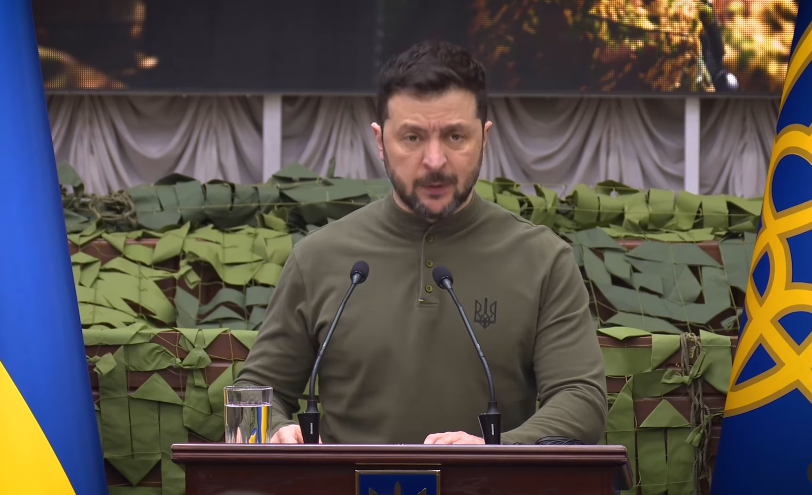[ad_1]
BELFAST/DUBLIN (Reuters) – The British government is to impose a budget on Northern Ireland for the first time in a decade, a major step towards imposing direct rule after attempts to form a power-sharing government in Belfast collapsed.
Many in the province fear direct rule would further destabilise a political balance between pro-British unionists and Irish nationalists that has already been upset by Britain’s vote to leave the European Union.
The move also creates a headache for British Prime Minister Theresa May, whose minority government is dependent on Northern Ireland’s Democratic Unionist Party (DUP) to pass legislation.
Irish Nationalists Sinn Fein and the pro-British DUP have shared power in Northern Ireland for a decade under the terms of the 1998 Good Friday peace agreement, which ended three decades of violence that killed 3,600 people.
But Sinn Fein pulled out in January, complaining it was not being treated as an equal partner. The latest round of talks on re-establishing the devolved executive collapsed on Wednesday.
“Sinn Fein is disappointed that the last few weeks of negotiations have ended in failure,” the party’s leader in Northern Ireland, Michelle O‘Neill, told journalists. “But as you all know endless talks without conclusion are not sustainable.”
Sinn Fein leader Gerry Adams said the party was open to further dialogue, but only if it was “meaningful”.
DUP member of parliament Gregory Campbell accused Sinn Fein of holding back government in Northern Ireland with “a narrow political agenda”, including a push for greater recognition for the Irish language.
In a sign that a resolution is unlikely in the coming weeks, Campbell appeared to dismiss a DUP compromise on language rights, saying his party “cannot and will not” elevate the Irish language “above all others”.
IRISH ROLE?
Britain’s minister for Northern Ireland James Brokenshire said as there was no immediate prospect of a new executive being formed he had no choice but to start the process of setting a budget from London to ensure funding for essential services.
“This can’t simply continue forever and a day … There are decisions that have been stored up that have to be taken,” he told journalists.
The budget process could be handed back if agreement is reached between the two parties, he added.
The move also raised the prospect of a diplomatic spat over the role the Republic of Ireland should have in the governance of Northern Ireland if power-sharing is not restored.
Dublin argues that under the terms of the Good Friday Agreement it should be involved in the direct running of the region if power-sharing breaks down.
When Irish Foreign Minister Simon Coveney said in September “there can be no British-only direct rule,” a British government spokesman responded by saying Britain would “never countenance” joint authority.
Sinn Fein on Wednesday encouraged Dublin to play a role, saying the British and Irish governments should together “act urgently to deliver equality” in Northern Ireland.
On Wednesday, Coveney called the collapse of talks “regrettable and deeply concerning” and said direct rule could complicate relations with London in the middle of delicate Brexit negotiations.
“The prospect of direct rule in Northern Ireland and the Irish government’s insistence on having a role in that – an appropriate role consistent with the Good Friday Agreement – is not where we want to be,” he told RTE radio.
Sinn Fein’s Adams said that, in addition to Brexit, the agreement by the DUP to support May’s government in London had helped to destabilise the province.
“Don’t underestimate the impact of the DUP-Tory pact in all of this,” he said.
Reporting by Ian Graham; Writing by Conor Humphries; Editing by Robin Pomeroy
[ad_2]
Source link






Leave a Reply